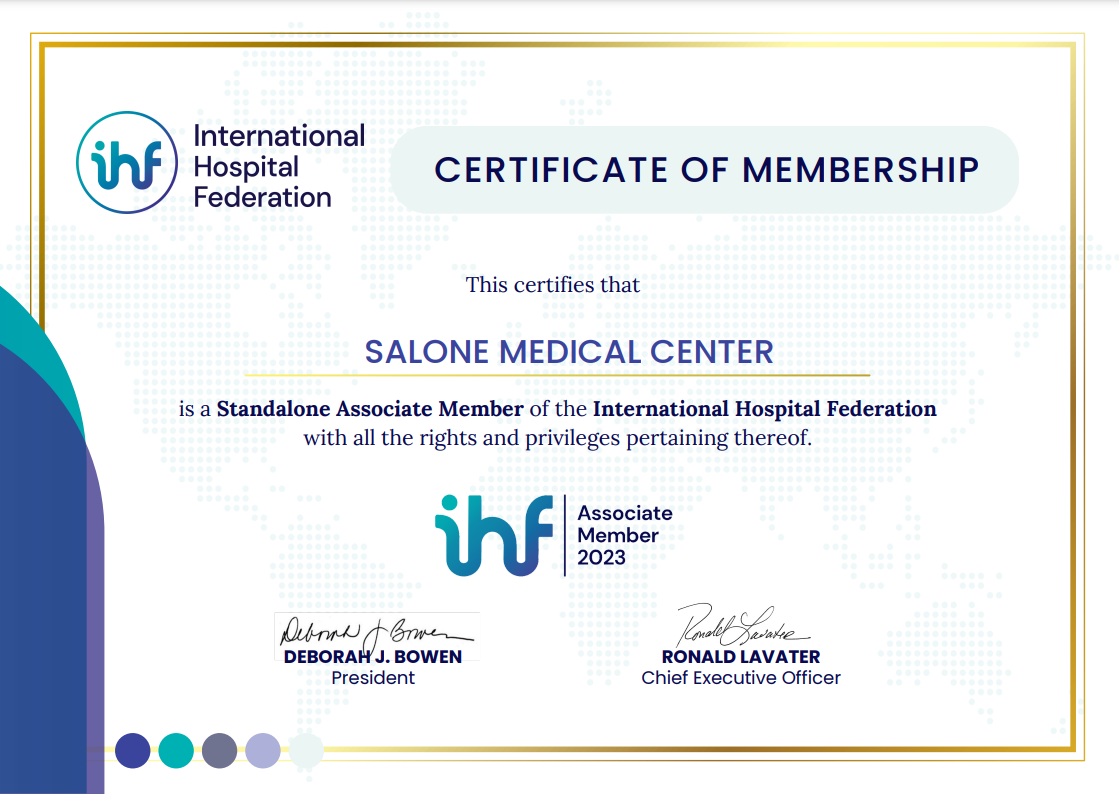
Outpatient clinics provide medical facilities where patients receive medical care, diagnosis, treatment, and consultations without being admitted to a hospital or staying overnight. In other words, patients visit outpatient clinics for medical services that do not require them to be hospitalized. These clinics provide a wide range of medical services in a variety of specialties, and they play a crucial role in delivering healthcare to communities.
Our outpatient clinics key features are:
- Medical Services: Outpatient clinics offer a variety of medical services, such as routine check-ups, diagnostic tests, minor surgical procedures, vaccinations, screenings, and management of chronic conditions.
- Appointments: Patients typically schedule appointments to see healthcare providers at outpatient clinics. The appointments are scheduled for specific times, allowing patients to receive timely care.
- Short Visits: Outpatient visits are usually relatively short, lasting from a few minutes to a couple of hours, depending on the nature of the medical service being provided.
- Non-Emergency Care: Outpatient clinics are not designed to handle emergency situations. Patients who require immediate medical attention for critical conditions are typically directed to emergency departments.
- Convenience: Outpatient clinics are convenient for patients who do not need to stay in a hospital. They allow patients to receive medical care while maintaining their daily routines.
- Specialties: Outpatient clinics cover a wide range of medical specialties, including primary care, dermatology, cardiology, orthopedics, gastroenterology, ophthalmology, and more.
- Diagnosis and Treatment: Patients visit outpatient clinics to receive diagnoses, discuss treatment options, receive prescriptions, and get referrals to specialists if needed.
- Follow-up Care: Patients who have undergone surgeries or medical procedures may return to outpatient clinics for follow-up appointments to monitor their recovery.
- Preventive Care: Many outpatient clinics focus on preventive care, offering services like vaccinations, screenings, and health education to help patients maintain their well-being.
- Cost-Effective: Outpatient care is often more cost-effective than hospital-based care, as patients do not utilize hospital resources for overnight stays.
Outpatient clinics play a vital role in the healthcare system by providing accessible and timely medical care to patients, helping to manage both acute and chronic conditions, and contributing to overall community health.


